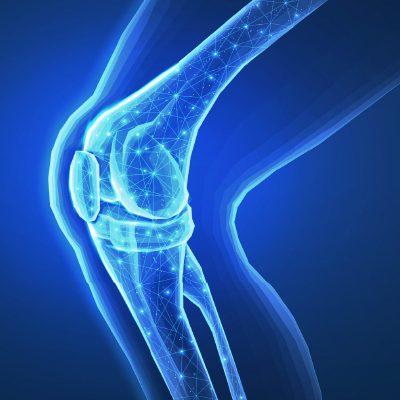The Benefits of Taking Collagen for Workouts and Physical Exercise
The Importance of Physical Activity
Engaging in regular physical activities is essential for maintaining a healthy lifestyle at any age. Exercise not only promotes a healthier body but also contributes to longevity. Scientific studies confirm that individuals who combine a balanced diet with physical activity tend to live healthier and longer lives. To enhance their performance and facilitate physical transformation, many athletes and fitness enthusiasts turn to nutritional supplements, including collagen.
What is Collagen?
Collagen is a protein that serves as a primary structural component in the connective tissues of the human body. It provides strength and elasticity to skin, cartilage, tendons, ligaments, and bones. In fact, collagen makes up approximately one-third of the protein content in our body. It acts as a supportive matrix for various tissues and plays a crucial role in maintaining their integrity.
Key Types of Collagen Beneficial for Joint Health
There are several types of collagen, but the following are particularly beneficial for joint health:
1.Type I Collagen:
- Function: This is the most abundant type in the body and is found in skin, tendons, ligaments, bones, and cartilage. Type I collagen provides tensile strength and supports the structure of joints.
- Benefits: Helps maintain joint integrity and structural support, reducing the risk of injury and degeneration.
2.Type II Collagen:
- Function: Primarily located in elastic cartilage, which provides support and cushioning in the joints.
- Benefits: Specifically beneficial for joint health, as it helps maintain cartilage health and can reduce symptoms of joint pain associated with conditions like osteoarthritis.
3.Type III Collagen:
- Function: Often found alongside Type I collagen, this type assists in the structure of skin, blood vessels, and internal organs.
- Benefits: Plays a role in the elasticity of the skin and can support the overall matrix of connective tissues, including those surrounding joints.
Benefits of Collagen for Physical Exercise and Sports
Collagen offers numerous benefits, particularly for those involved in regular physical activity:
- Joint Support: Collagen acts as an adhesive between muscles, joints, and tendons, providing structural support during exercise. This can help alleviate joint discomfort caused by strenuous activities.
- Enhanced Recovery: Consuming collagen can aid in the healing process after workouts. It may promote faster recovery from injuries by increasing collagen synthesis in tendons and ligaments.
- Weight Management: Collagen can be beneficial for weight loss when combined with regular exercise and a balanced diet, supporting muscle retention during weight loss.
- Skin Elasticity: Collagen enhances skin elasticity, helping to maintain a youthful appearance, which can be particularly appealing for those engaging in physical activities.
The Role of Collagen in Posture and Mobility
Good posture is vital for effective movement and physical performance. Collagen supplementation can support proper alignment by providing necessary nutrients for joint and connective tissue health. Without adequate collagen intake, the body might struggle to regenerate, leading to joint pain and other discomforts. Therefore, using collagen supplements during sports can facilitate joint health and enhance performance.
Achieving a Fit Body with Collagen
Using collagen supplements, such as Nutraxin Collagen, can contribute to fitness goals by supplying the body with essential proteins needed for muscle repair and growth. By ensuring a proper intake of collagen alongside a well-rounded diet and regular exercise, individuals can support a fit body and promote overall health.
The Value of Collagen in a Healthy Lifestyle
Collagen supplements can play a fundamental role in promoting joint health, enhancing recovery, and supporting overall physiological functioning. For individuals engaging in regular physical activity, incorporating collagen into their nutrition plan can provide significant benefits and aid in achieving a healthier, more active lifestyle.
While multivitamins can offer valuable support for overall health, it is essential to recognize that a balanced diet should remain the cornerstone of nutritional well-being. Multivitamins are intended to be a complementary measure and should not be considered a substitute for a diverse and nutritious food intake.
Note: It is strongly advised that individuals consult a healthcare professional prior to initiating any supplement, particularly if they have existing health conditions, are taking prescribed medications, or are pregnant.




